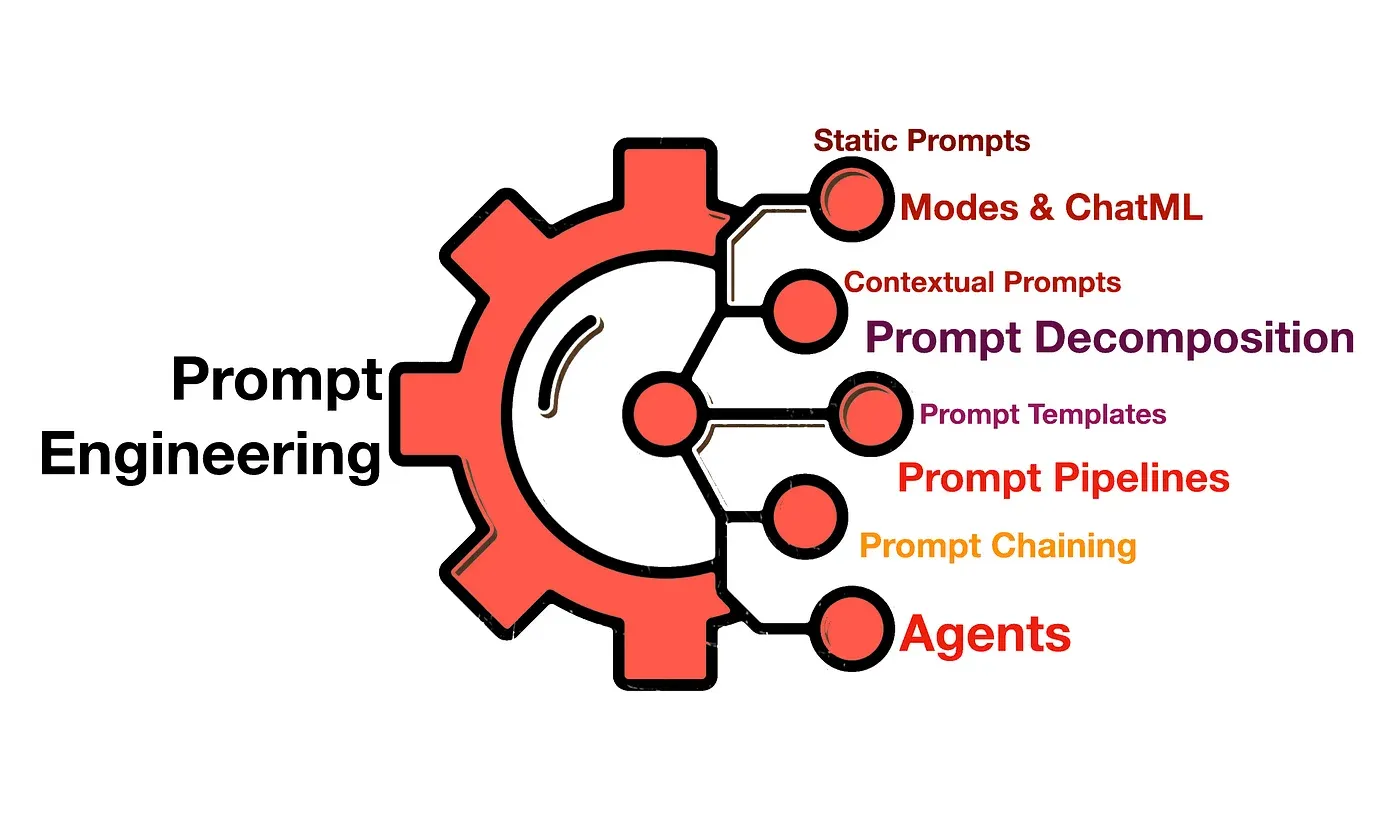Artificial intelligence (AI) is no longer a concept of the future—it is shaping the present. From automating tasks to making life-saving discoveries, AI’s potential is vast. However, with great power comes great responsibility. Ensuring that AI serves humanity ethically and responsibly is essential.
The Three Laws of AI—primacy of human well-being, transparency and accountability, and respect for human rights—offer a foundation to guide the development and deployment of AI systems. These principles emphasize the need for technology to enhance human life, foster trust, and uphold dignity in a rapidly changing world.
1. Primacy of Human Well-being
The first and foremost principle is that AI must prioritize the well-being of humanity. This involves ensuring equitable access to AI’s benefits while actively mitigating potential harms, such as job displacement, social inequality, or environmental damage.
- Why This Matters: While AI can revolutionize industries, it also disrupts established norms. For example, automation may improve productivity but displace workers. Prioritizing human well-being ensures AI empowers rather than marginalizes communities.
- Key Steps: Policymakers and businesses must ensure AI solutions address real-world challenges—be it in healthcare, education, or sustainability. This means investing in retraining programs, creating new opportunities, and using AI as a tool for progress rather than harm.
2. Transparency and Accountability
AI systems must operate transparently and be subject to human oversight. Developers and deployers are responsible for ensuring their systems work as intended and uphold ethical standards.
- Why This Matters: Imagine an AI-driven hiring platform that favors certain demographics due to biased algorithms. Without transparency, the system becomes a black box, perpetuating injustice and losing public trust.
- Key Steps: Developers must create explainable AI systems that provide clear reasoning for decisions. Independent audits and regular reviews can ensure accountability, while governments can establish regulatory frameworks to prevent misuse.
3. Respect for Human Rights and Dignity
AI must respect fundamental human rights, including privacy, freedom of expression, and protection from discrimination. Upholding dignity means designing systems that align with human values and foster equity.
- Why This Matters: From facial recognition used for surveillance to algorithms reinforcing stereotypes, the misuse of AI can have dire consequences. Respecting human rights ensures technology empowers individuals rather than oppresses them.
- Key Steps: Developers must adopt privacy-first approaches and eliminate biases in datasets. International collaboration can establish ethical standards, ensuring AI systems reflect the diversity of the global population.
Turning Principles into Action
The Three Laws of AI are more than guidelines—they are a framework for building trust and accountability in the digital age. By embedding these principles into AI’s lifecycle—from design to deployment—we can foster a future where technology serves as a force for good.
As we venture further into an AI-driven world, the question isn’t just what we can achieve but how we achieve it. These laws provide a moral compass to ensure that AI advances humanity without compromising its values.
Let us embrace these principles and take collective responsibility to guide AI development. Together, we can build a future where people and machines thrive in harmony.
Share this:
- Click to share on Facebook (Opens in new window) Facebook
- Click to share on X (Opens in new window) X
- Click to share on LinkedIn (Opens in new window) LinkedIn
- Click to share on Reddit (Opens in new window) Reddit
- Click to share on Pinterest (Opens in new window) Pinterest
- Click to share on Pocket (Opens in new window) Pocket
- Click to share on WhatsApp (Opens in new window) WhatsApp
- Click to email a link to a friend (Opens in new window) Email



